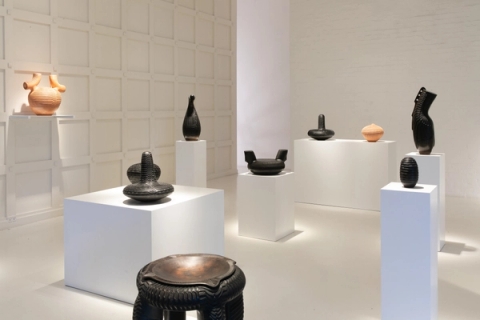My Enquiry (0)
No artwork has been selected.
Please choose an artwork to enquire.
Enquiry Submitted
Thank you for your enquiry and interest in our artists’ work. A member of the gallery team will respond shortly.
000%
22 July - 1 October 2021
The patterned incisions that have defined Madoda Fani’s work to date become an all-encompassing ‘skin’ in iQweqwe, a new collection of 12 hand-coiled works. The show’s isiXhosa title – translated as “crust” – here refers to the exoskeletons of insects, a central fascination for the artist.
iQweqwe features both functional and sculptural works in which Fani explores unusual new forms, including vessels with tall, conical lids; a bowl supported by a large, four-legged stand; a two-handled pot; and various canisters. Their contours are articulated by concentric lines carved into the clay, finished with detailed markings and studded protrusions, whose repetition lends the surfaces a mesmerizing rhythm.
Veering from his usual blackened finish, Fani has left three of the pieces in their original terracotta state, signifying a kind of “stripping back” and returning to one’s roots – much like an insect shedding its skin. This purity of form and earthy colour gives the works an ancient, artefact-like feel. Combined with their pronounced armour-like exteriors, they appear concurrently timeless and futuristic.
Growth and the natural progression of things are recurring themes in Fani’s work. He likens the act of creation to the state of pregnancy: a process of varied phases of development and change before the birth of the final, fully-formed product that is then named. Fani rarely plans his pieces, beginning with a loose idea and then surrendering to the clay, allowing it to lead him: “I let my work take me where it wants to go,” he says.
His evolution as an artist has brought him full circle, seeing him return to one of his original inspirations – insects – only now, instead of painting them, he is carving them from clay. “The work that I’m doing is a revisiting of that old work, except I’m using different materials,” he explains. The medium of ceramic yields other surprising characteristics: when gently tapped, the works produce a sound akin to knocking on a shell or exoskeleton.
Artists
Works
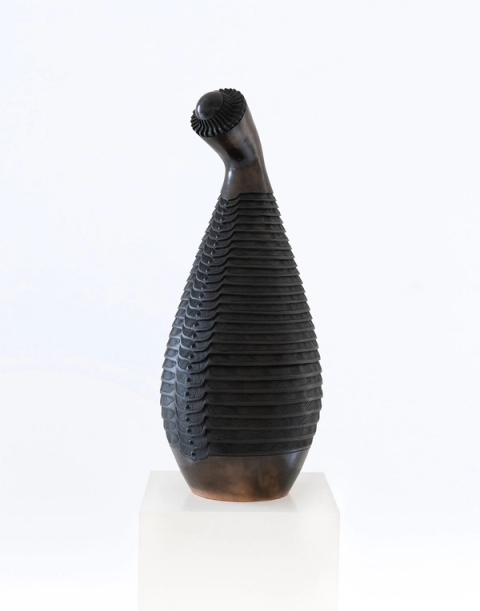
Madoda Fani
iMehlo (The Eye), 2021Burnished, smoke-fired earthenware
29.5 x 10.63 x 10.63 in. | 75 x 27 x 27 cm
Sold
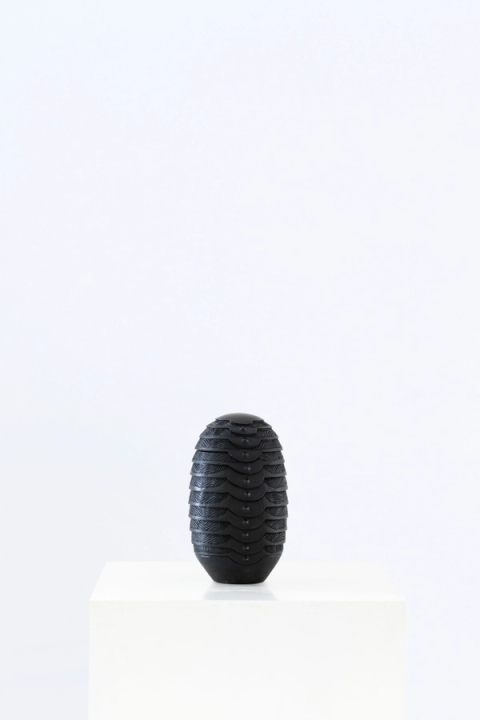
Madoda Fani
iQanda (Egg), 2021Burnished, smoke-fired earthenware
7.88 x 4.75 x 4.75 in. | 20 x 12 x 12 cm
Sold
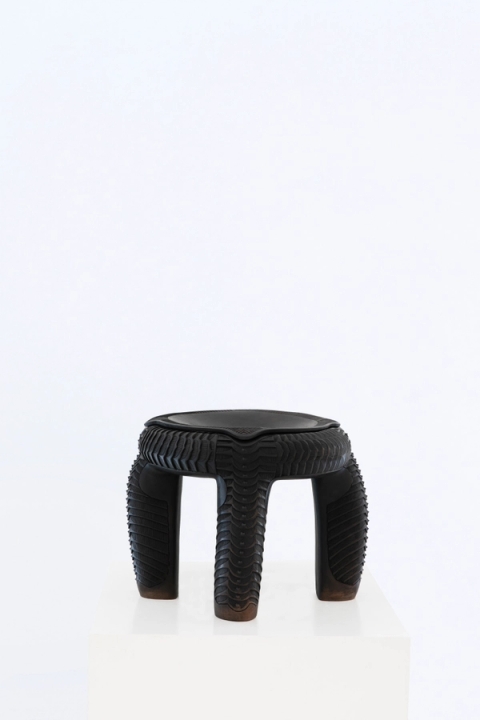
Madoda Fani
Isidchawo sendlela (The Road Spider), 2021Burnished, smoke-fired earthenware
17.75 x 17.75 x 14.75 in. | 45 x 45 x 37.5 cm
Sold
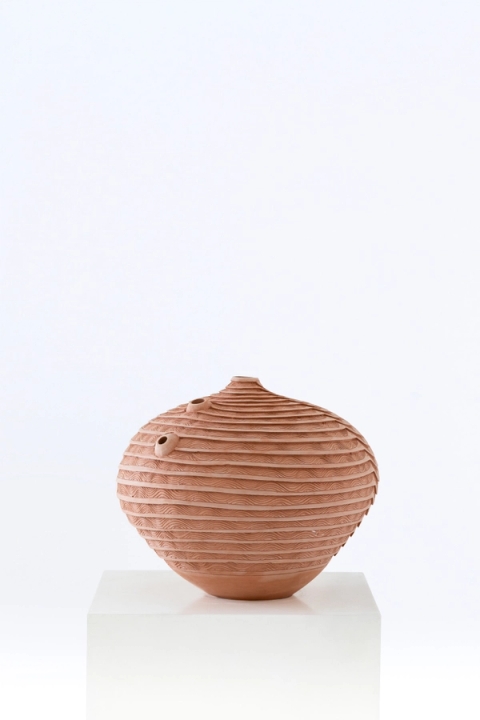
Madoda Fani
Isiduli I (The Anthill), 2021Burnished earthenware
10.63 x 12.63 x 12.63 in. | 27 x 32 x 32 cm
Sold
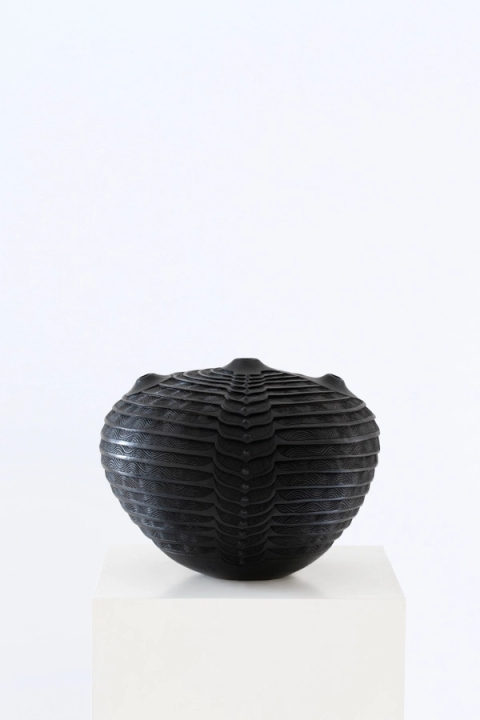
Madoda Fani
Isiduli II (The Anthill), 2021Burnished, smoke-fired earthenware
12.63 x 12.63 x 9.88 in. | 32 x 32 x 25 cm
Sold
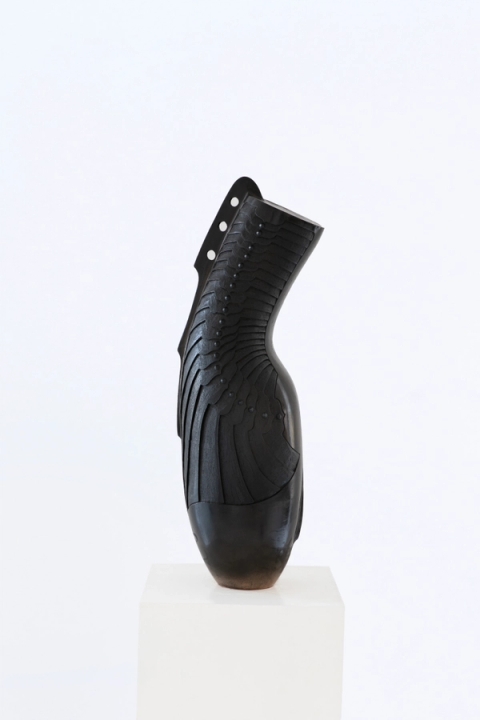
Madoda Fani
iZembe (An Axe), 2021Burnished, smoke-fired earthenware
29.13 x 8.25 x 9.78 in. | 74 x 21 x 25 cm
Sold
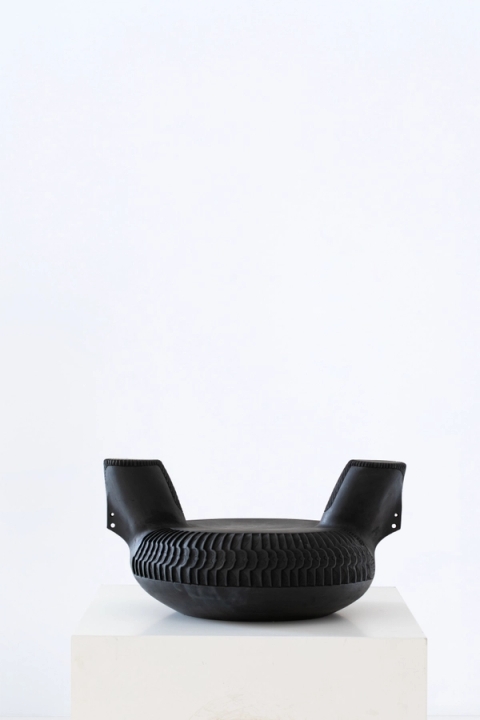
Madoda Fani
Nomkhitha (Black And Beautiful), 2021Smoke-fired earthenware
22 x 16.5 x 11 in. | 56 x 42 x 28 cm
Sold
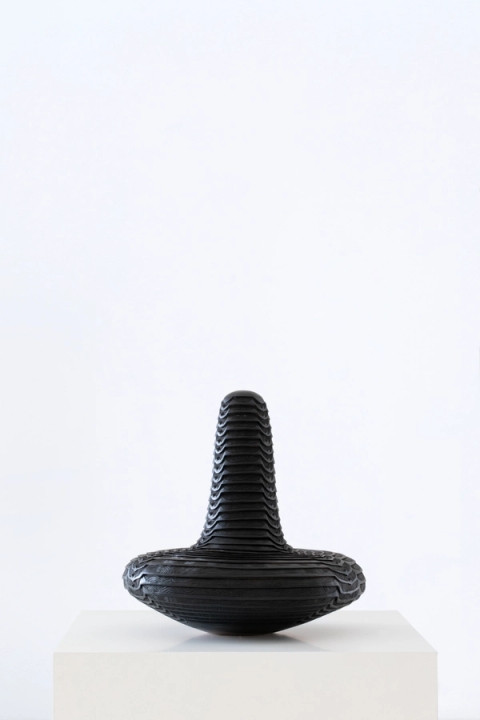
Madoda Fani
uBhejane I (The Rhinoceros), 2021Smoke-fired earthenware
22 x 16.5 x 11 in. | 41 x 41 x 41 cm
Sold
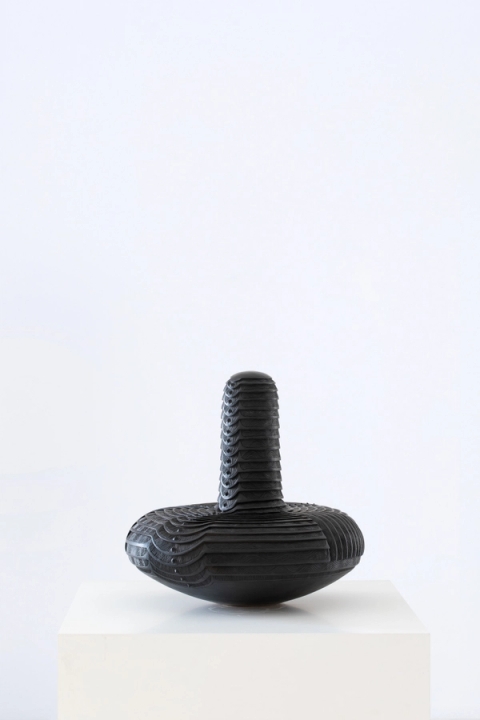
Madoda Fani
uBhejane II (The Rhinoceros), 2021Smoke-fired earthenware
16.5 x 16.5 x 16.5 in. | 42 x 42 x 42 cm
Sold
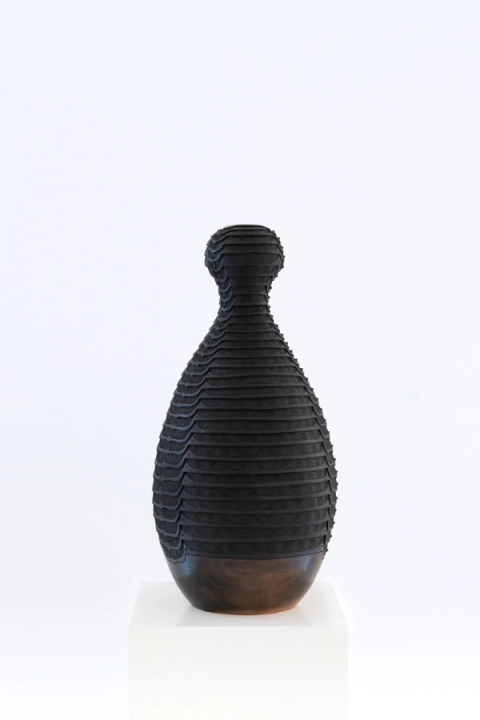
Madoda Fani
uNomonde (Patience), 2021Burnished, smoke-fired earthenware
25.38 x 11.75 x 11.75 in. | 64.5 x 30 x 30 cm
Sold
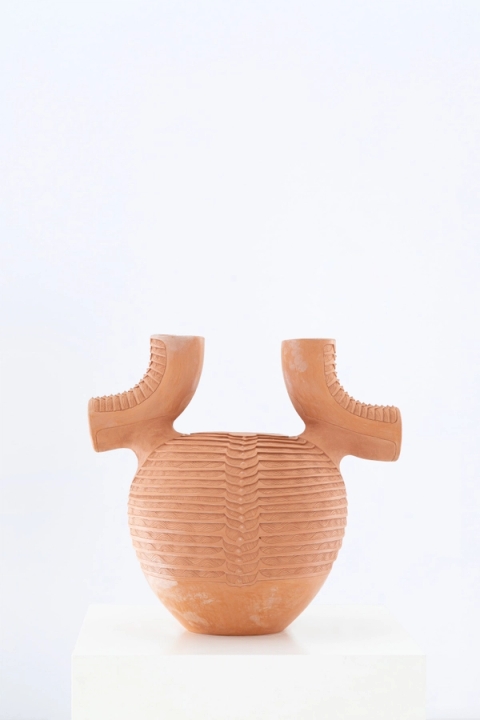
Madoda Fani
Uyadidiyela uNonkala (The Brewing Crab), 2021Burnished earthenware
22 x 22 x 21.25 in. | 56 x 56 x 54 cm
Sold
